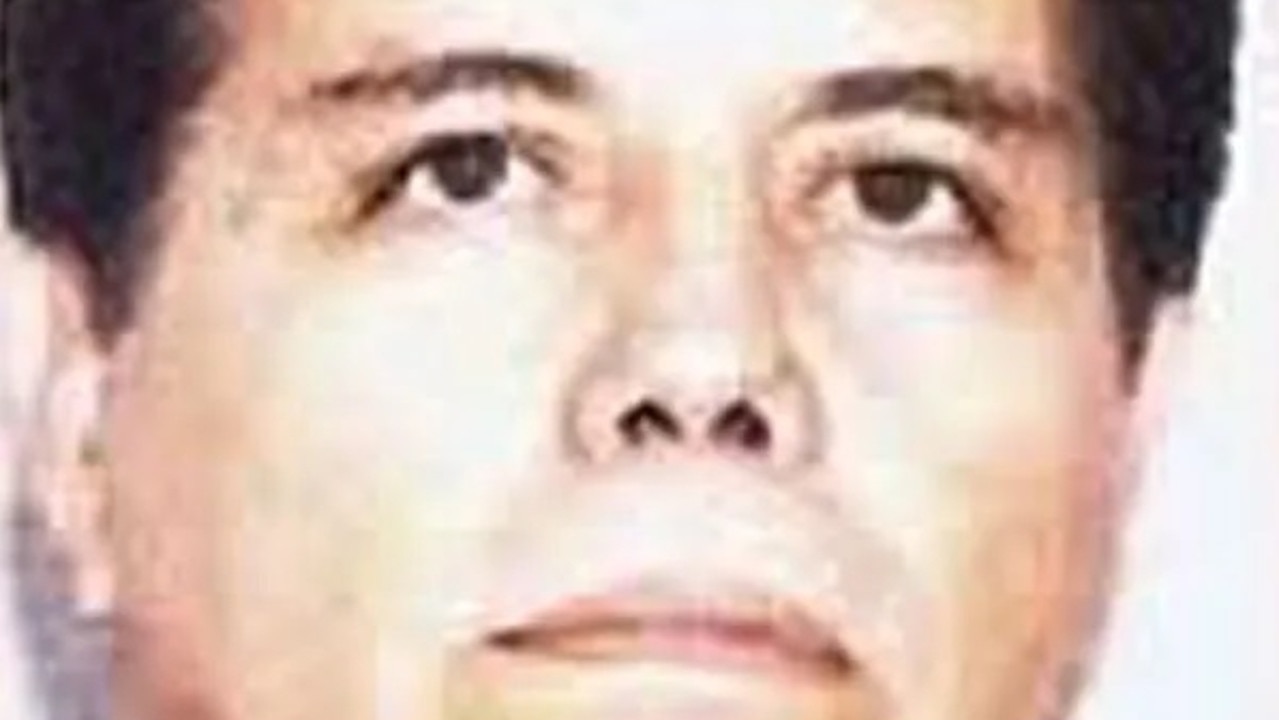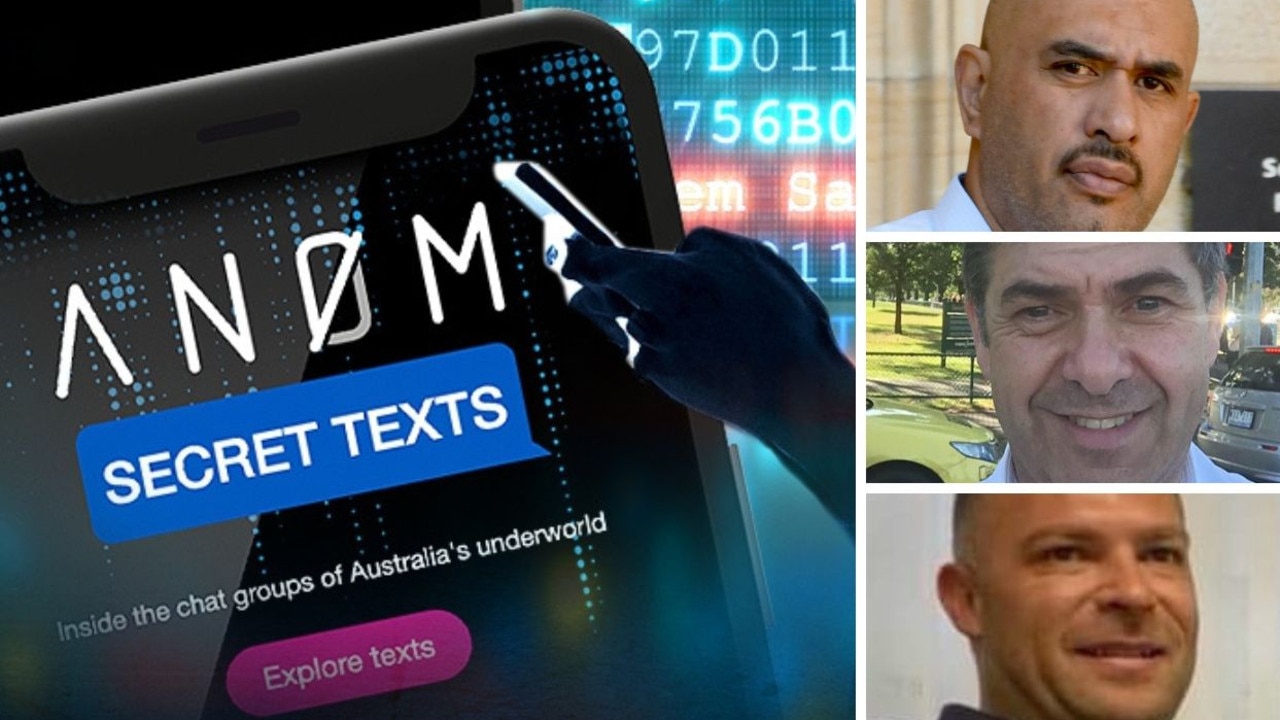Comanchero, Lone Wolf and Hells Angels bikies’ new global drug power base revealed
Comanchero, Lone Wolf and Hells Angels bikies have expanded their foreign power bases and are brokering billion dollar drug deals. Watch how in episode 4 of Narcos on the front line now.
Narcos on the Front Line
Don't miss out on the headlines from Narcos on the Front Line. Followed categories will be added to My News.
Exclusive: Comanchero, Lone Wolf and Hells Angels bikies are brokering billion dollar drug deals from new bases in Mexico, Colombia, Laos and Thailand.
The outlaw motorcycle gangs are working together to move tonnes of drugs, then dividing up their retail territories once the shipments land in Australia.
In Thailand, they have taken over Pattaya, while in Mexico they are basing themselves in Cancun, Los Cabos, Puerto Vallarta and Mexico City.
And they are taking up spots on sun lounges beside the bars at infinity pools overlooking Colombia’s Caribbean coastline in Cartagena.
“I’m sure they’re having fun,” Jeremy Douglas, southeast Asia representative for the United Nations Office on Drugs and Crime, said.
“But the reality is, on the side of having fun and going to girly bars and lifting weights, they’re clearly doing deals. And that’s the intent and purpose of their being there.”
Watch episode 4 of the Narcos on the front line series above.
The Comanchero and Lone Wolf teamed up to import four tonnes of ice hidden in Tequila from Mexico in April.
But the shipment was intercepted by Mexican police in Manzanillo following a tip off from the Australian Federal Police.
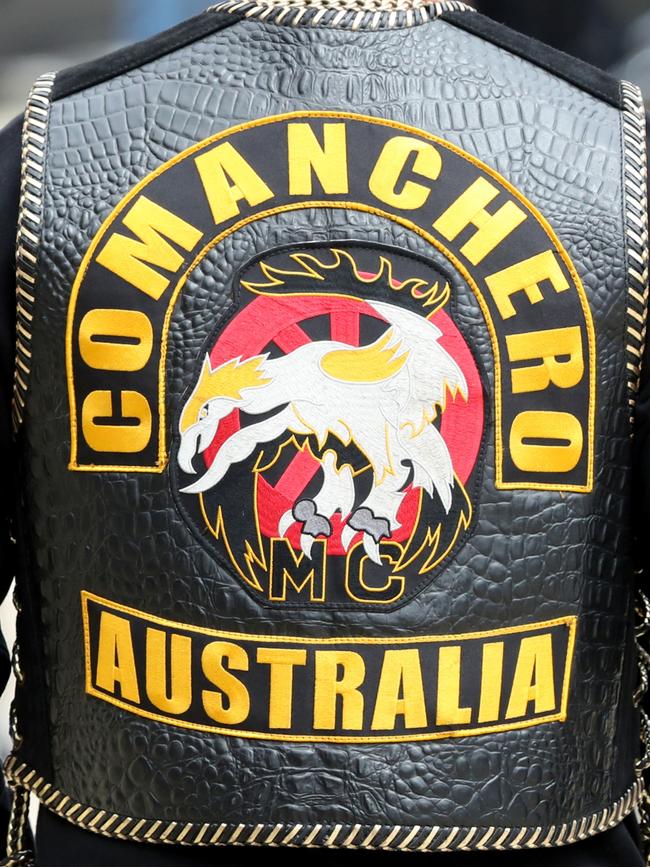
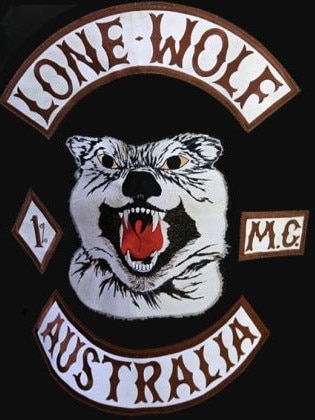
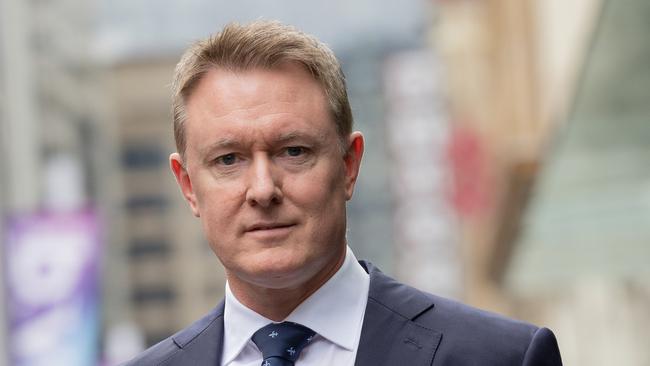
Commissioner General Felipe de Jesús Gallo Gutiérrez, head of the criminal investigations agency at Mexico’s Fiscalia General police force, said bikies were on his radar.
“They don’t really operate in Mexico because the cartels have a really good control of all the activities that they undertake,” Mr Gallo said.
“However, they are clients. And unfortunately they are visiting places like Cancun, Los Cabos, Puerto Vallarta and Mexico City.
“So we can tell that there are lots of meetings taking place.”
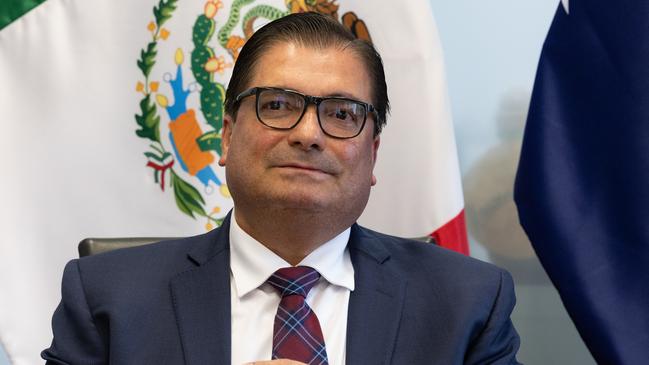
Some Australians with links to bikie gangs have set up permanently in Mexico, including Melbourne fugitive Anthony Phillip Sitar.
Sitar, who has been seen living at a beachside location in Mexico, has been on the run since he was linked to a $300 million ice and cocaine importation, court documents state.
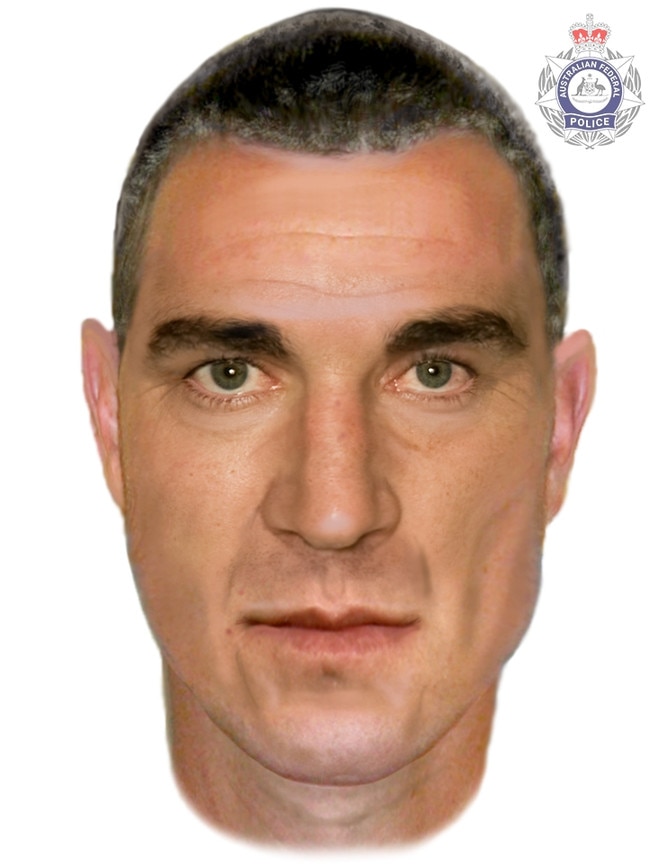
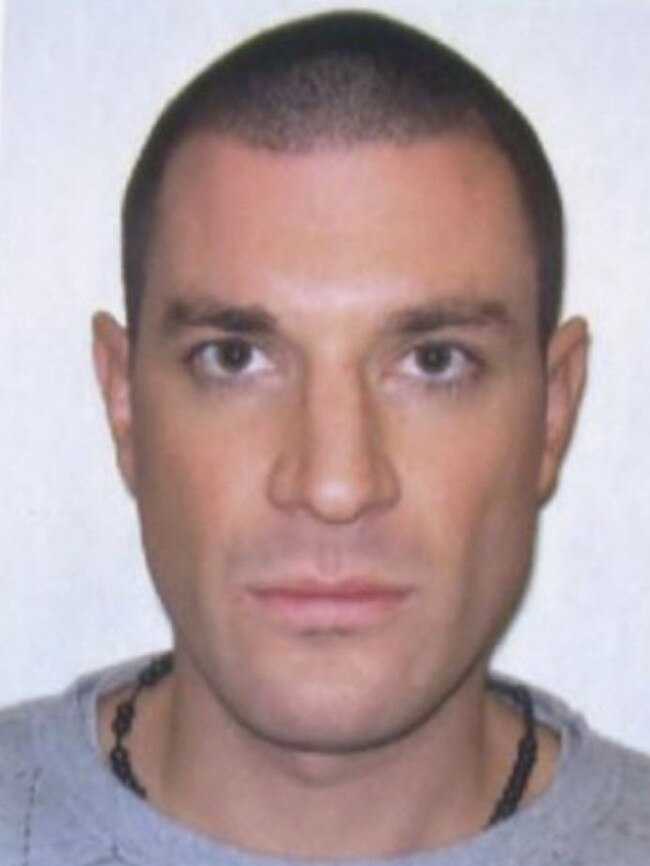
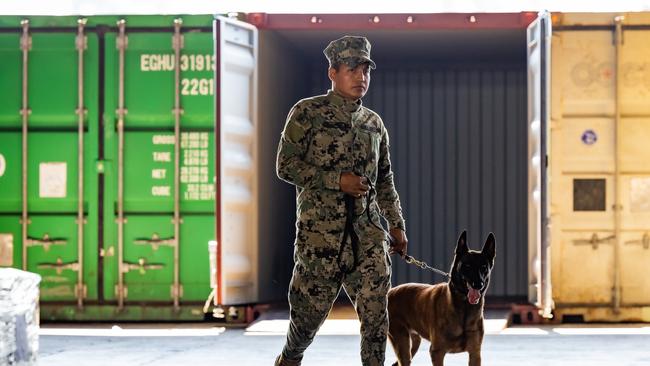
Mexico is a major shipping point for ice and cocaine, with the Sinaloa and CJNG cartels sending tonnes of those drugs to Australia.
Australia’s bikies have also been moving into Colombia, arranging shipments of drugs from the port of Cartagena.
The skyline there is dominated by skyscrapers similar to the style of development on the Gold Coast, in contrast to the poverty endured by almost half of Colombia’s 50 million people.
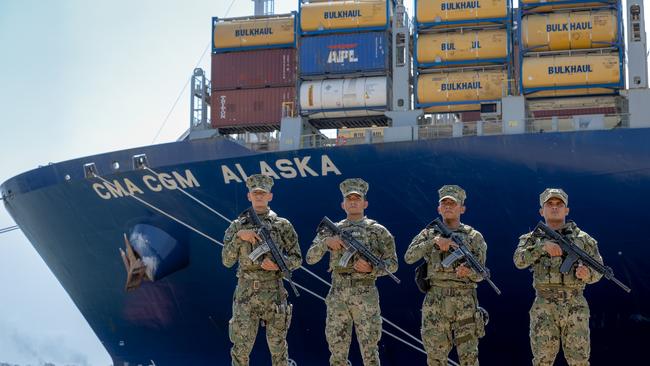
The picturesque port has been a shipping point for drugs into Australia, the AFP’s liaison officer for South America confirmed in an interview overlooking the docks.
“It’s tragic that the demand for cocaine from Australia by Australians causes a pull of cocaine from this country and other countries in this region, including through the port of Cartagena,” the officer said.
Major Luis Guillermo Narvaez Freyre, head of criminal investigations at the Colombian National Police, said Australia bikies, including members of the Comanchero and Hells Angels, were basing themselves in the country’s seaside ports.
“We have identified that these organisations are something linked to the purchase and dealing of drugs,” Major Freyre said in an interview at his office in Bogota, the nation’s capital.
“These targets (Australian bikies) have emissaries in Colombia that are in charge of getting the drugs and getting the distributors to be able to negotiate and ship the product.
“And they choose cities, seaside cities, so that they can start identifying routes for exit of these substances, particularly with ports or airports.”
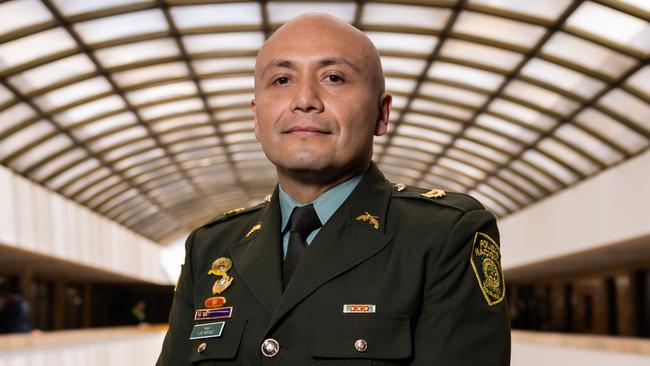
The Sam Gor cartel runs the ice trade in Asia, pumping billions of dollars worth of amphetamine out of jungle labs.
The production is centred in the Golden Triangle, the border areas of Myanmar, China, Thailand, and Laos, which was traditionally known as a heroin hotspot.
The presence of bikie gangs in Asia has been one of the major changes in the drug trade, Mr Douglas said.
“They’ve expanded significantly and basically they’re in the same place that the big brokers are and the producers are,” he said.
“So it’s a place they meet in the middle and do business.
“There’s been a big uptick in OMCG (check) activity in the past decade.”
Hells Angels bikie Wayne Schneider fled from Sydney to spend four years in Pattaya before he was beaten to death in 2015.
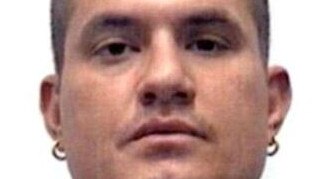
New encrypted technologies have allowed bikies to run their criminal networks remotely.
Nustralian Federal Police Commander Rob Nelson, an encrypted communications expert, said bikies were being monitored.
“Organised crime is truly globalised and it’s industrialised,” Commander Nelson said.
“The ability of them to have a communications device that they believe is impenetrable to law enforcement is quite significant.
“That actually improves the speed in which they can actually source materials, distribute those materials and bring them to the consumers.”
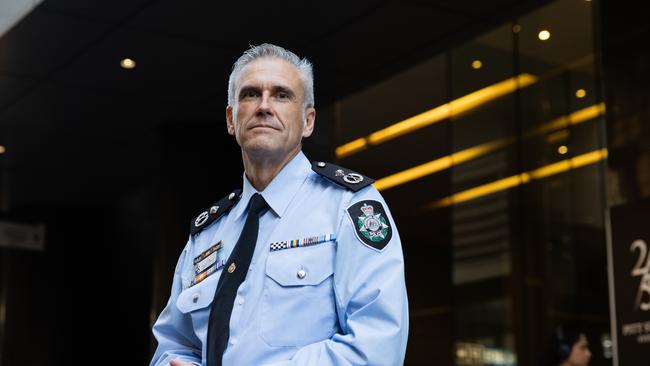
Bikies have been using a string of secret, encrypted apps, which evolved out of the BlackBerry phone platform.
That device was popular with politicians because it promised to provide end-to-end encryption, but criminals found a use for it too.
The next generation of encrypted technology popular with criminals was Phantom Secure. When that was shut down police set up an app, which they were able to monitor in real time, called AN0M.
They intercepted 27 million messages and prevented 21 assassinations in the three years that was running before revealing it was a Trojan Horse in 2021.
Commander Nelson said that criminals operating overseas were being monitored even if they thought they had secret communication channels.
“The beauty of technology and digital information is there’s always a fingerprint, there’s always a trace, there’s always this digital dust,” he said.
“Certainly law enforcement looks at that. It’s very hard to hide, even though you’ve got the ability of encryption and anonymisation there is still a trace that’s left.”
Read related topics:Narcos on the Frontline


